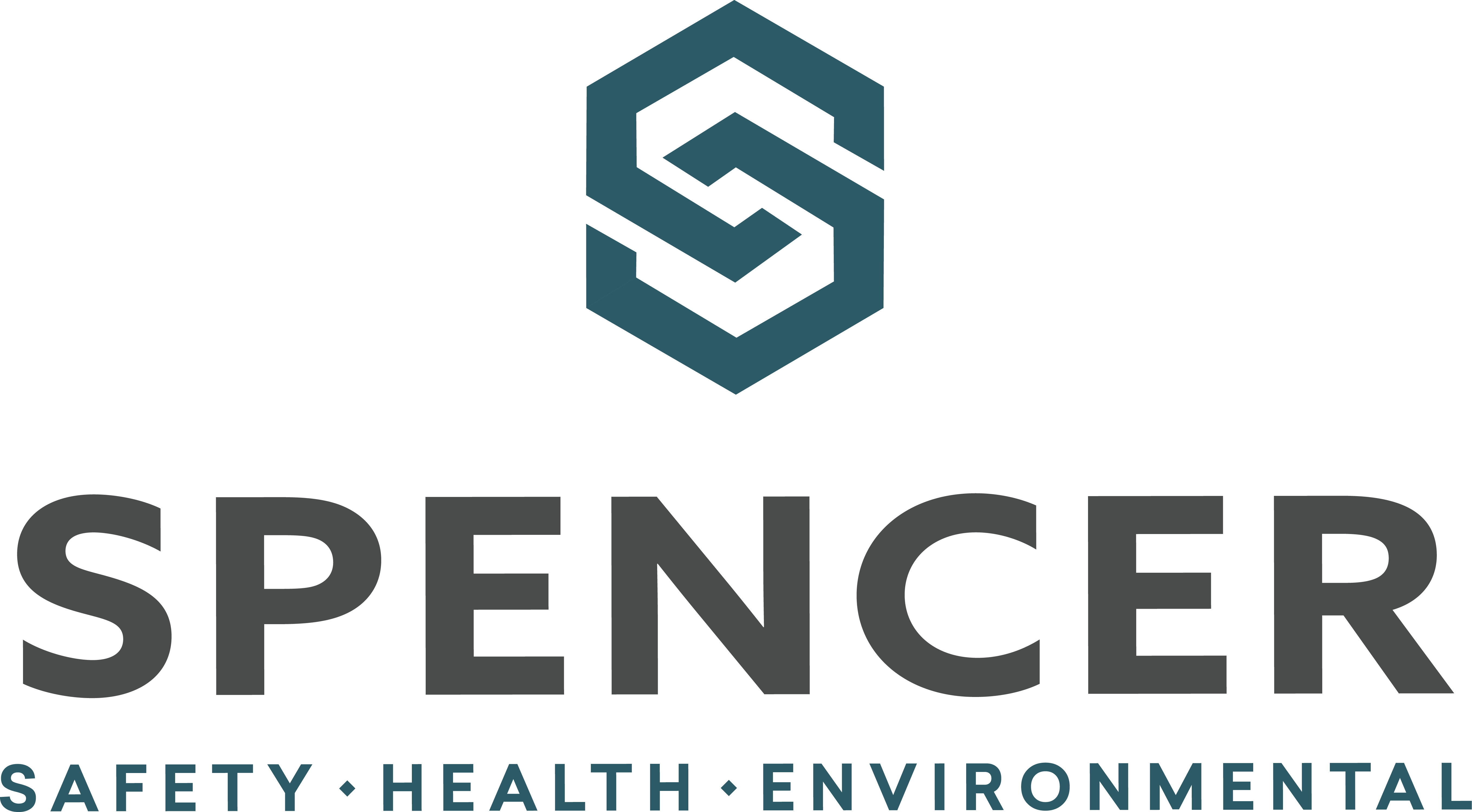The future of work brings new challenges to occupational safety and health, including how to best protect and promote the well-being of all temporary workers, including those in higher hazard industries. Temporary workers are those who are paid by a staffing company and assigned to work for a host employer company, including both short- and long-term assignments. The National Institute for Occupational Safety and Health (NIOSH), along with several partners, has recently released a set of new best practices to better protect temporary workers on the job.
The new document, Protecting Temporary Workers: Best Practices for Host Employers, builds on resources developed under the Occupational Safety and Health Administration (OSHA) Temporary Worker Initiative, launched in 2013, by providing host employers with detailed best practices organized into three areas:
1) How to evaluate and address workplace safety and health in a written contract;
2) Training for temporary workers and their worksite supervisors; and
3) Injury and illness reporting, response, and recordkeeping.
Unsafe working conditions, unclear job assignments, inadequate training, and poor hazard communication put all workers, both temporary and permanent, at risk for injury and illness on the job. The best practices in this new resource are applicable across industries and occupations.
The document also includes real-life scenarios of how host employers might implement these best practices, as well as checklists that can be printed or completed electronically. Additionally, staffing companies can access a complementary slide deck to educate their host employer clients about these best practices.
Additional information and resources regarding the joint safety and health responsibilities of host employers and staffing companies can be found on the OSHA Temporary Worker Initiative website.
“Amidst a pandemic, the importance of keeping workers safe and healthy has never been more important,” said NIOSH Director John Howard, M.D. “By following these best practices, host employers can do their part to optimize the safety and health of their workers, both permanent and temporary.”
NIOSH, the National Occupational Research Agenda (NORA) Services Sector Council, the American Society of Safety Professionals, the American Staffing Association, and the Safety and Health Assessment and Research for Prevention program out of the Washington State Department of Labor and Industries worked together to produce the document. Host employers, staffing companies, and worker organizations also provided diverse input.
Spencer-SHE has been providing Safety, Health, and Environmental Compliance Guidance since 1980. Our training courses (offered online or with in person facilitation) satisfy the safety, health, and environmental regulatory training requirements for heavy manufacturing, petrochemical, construction, and general industrial workplaces.
Contact us here to help you to develop and maintain a safe and healthy workforce.
Sources:
NIOSH and partners announce a new resource to protect temporary workers (cdc.gov)

